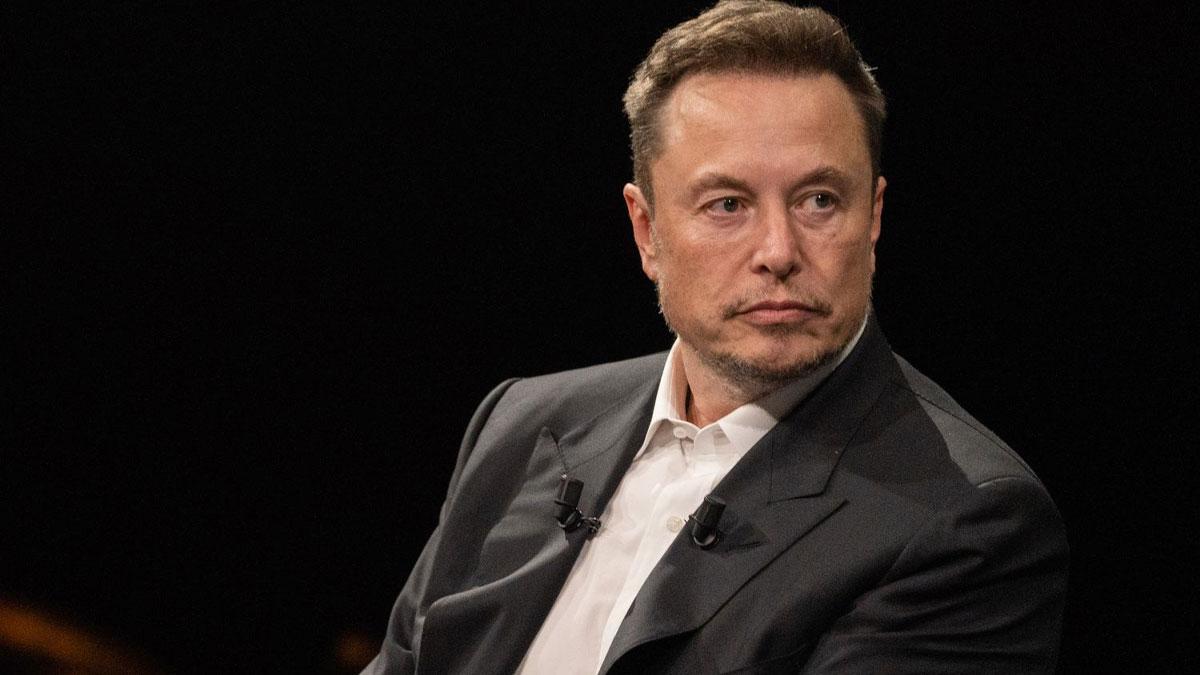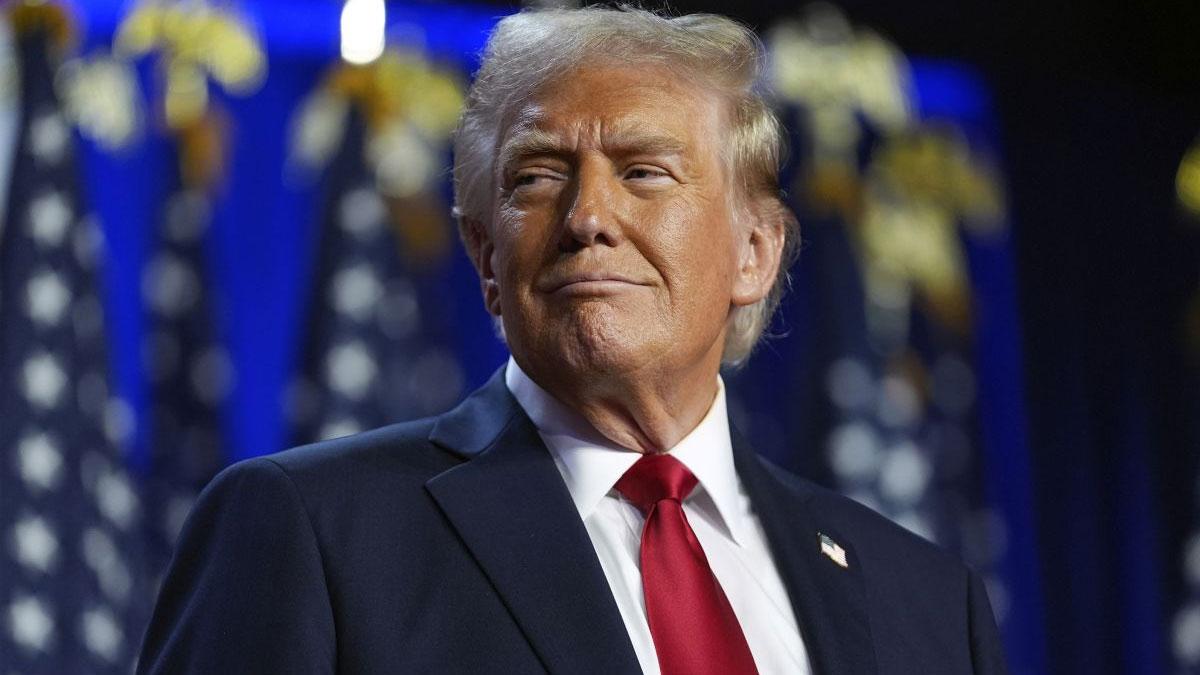SpaceX CEO Elon Musk has rekindled controversy surrounding the future of the International Space Station (ISS) by publicly suggesting that the orbiting laboratory be deorbited safely within two years—far earlier than NASA's scheduled 2031 deadline.
Musk made the remarks in a post on X (formerly Twitter) on Friday, as concerns regarding the structural condition of the ISS increasingly mounted. The ISS has been inhabited continuously since 2000.
"Space Station has potentially serious long-term safety issues," Musk wrote. "There are portions of it that are just getting too old and clearly that risk increases over time."
Despite the profitable deals that SpaceX has to transport astronauts and cargo to the ISS, Musk said safety should always prevail. "Even if SpaceX makes billions of dollars carrying astronauts and cargo to the ISS, I nevertheless would like to go on record as suggesting that it be de-orbited within 2 years," he said.
Musk was responding to a posting by physicist Casey Handmer, a former NASA Jet Propulsion Laboratory systems architect, who described frightening threats to the station. Handmer referenced "multiple, and growing, more frequent, leaks" and asserted the station's margins are thinner than they are publicly recognized.
"There is no 'factor of safety' with this mode of failure," Handmer said, warning that the risk of a sudden and catastrophic depressurization incident is small but possible. "We are not even single-fault tolerant on the structural integrity of the station."
The ISS—operated jointly by NASA, Roscosmos, the European Space Agency (ESA), the Japan Aerospace Exploration Agency (JAXA), and the Canadian Space Agency (CSA)—has been a cornerstone of low-Earth orbit science since the first modules were launched in 1998.
NASA, acknowledging the ISS is reaching the end of its life cycle, has continued to assert the existing plan to deorbit the station in 2031 is feasible. In June 2024, NASA contracted SpaceX for $843 million to develop the US Deorbit Vehicle (USDV), which will Escort the ISS safely into Earth's atmosphere over the South Pacific. The vehicle is to be developed based on SpaceX's proven Dragon spacecraft and be available by 2028.
Musk has long been a proponent of turning the spotlight to more distant space objectives, such as Mars colonization. In one post this year, he stated that the ISS "has done its job," with the contention that there is "very little incremental value" anymore in keeping the station operational.
"Let's go to Mars," he concluded.
As debate reaches a fever pitch, Musk's latest statements are sure to spur renewed scrutiny of the aging infrastructure on the ISS as well as debate over the trade-offs between scientific return and crew safety.
Read also| Thanking Macron for Counter-Terror Backing: Jaishankar’s Diplomatic Outreach
Read also| Trump Declares ‘Done’ Trade Deal with China: 55% Tariffs and Rare‑Earths Supply in Focus


















